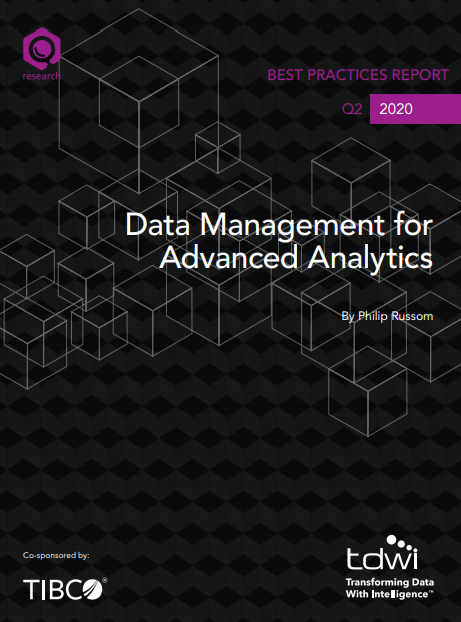Big data which is enhanced by predictive modeling and analytics is at the top of the list in healthcare organizations. Big data is expected to help the healthcare industry to improve care quality whilst reducing care cost. Too often organization’s rush into big data projects without keeping an eye on the vision and long term goals.
I have been working in healthcare analytics for more than a dozen years focusing on data warehousing and big data projects. I learned six lessons from the projects I have been doing in the past to make a big data project a success in healthcare.
- Obtain the right meaningful data sets for the project: A big data project starts from setting up the right scope to managing expectations and laying out the right scenarios. Too often organizations start with the data sets they have on hand or quickly available to them when more useful data might be difficult to integrate. Following this quick turnaround approach, the big data project is managed with the limitations and barriers set at the beginning. This makes the mistake of missing the opportunity to look for high-impact data sources beyond what you’ve used to look at the problem before.
- Make sure that initial scenarios have wide applicability: There are so many cases where the big data team is under pressure from all areas to get the project done quickly and deliver the results. The big data project team is pushed to move down the scenarios that come from small group of users. While the projects overcame the technical challenges, the results didn’t provide fodder for transformational change in the organization as the leadership had hoped. An experienced big data team needs to recommend projects with wider applicability that can be more easily understood and implemented across the organization.
- Don’t begin with a comprehensive solution: Big data projects deliver knowledge and insightful information to its users. This requires the time and effort to give the subject-matter experts, especially the source systems experts, direct access to the data to explore and figure out unexpected patterns. Start with using the business-intelligence tools to create reports and other conventional approaches will deliver more of what you’ve had in the past before chasing down the predictive modeling analytics.
- Native analytics technology on big data platforms are limited: Only because you have an enterprise-grade big data analytics system/tool implemented, doesn’t mean you have the right data analytics capabilities. To run meaningful big data analytics requires the organization has the culture of continuous learning, data driven quality improvement, and a collaborative team environment.
- Collaboration is crucial: Lines of business and operation leaders in admin, clinical units, quality, research and other functional departments were led to believe they could successfully embark on data analysis projects without the of IT teams. No too far moving into the project implantation, it is found out there are more complex challenges which require a need to working closely with the IT teams.
- Organizational Culture ready: An organization is ready to utilize the big data analytics to answer questions and find out new ways to do things. The members in the teams are open minded and willing to take on challenges and view change positively.
By Shouqiang (Frank) Wang, PMP, System VP, IDN Decision Support Analytics, Health First Health System

An innovation-oriented business and technology executive with over 20 years of experience in cultivating new business concepts, products / service lines, organizational competencies, and emerging technologies across health care organizations, health plans / payers, state & government, employer, and pharmaceutical industry segments.
Leader, strategist, and technologist dedicated to data-driven health transformation. Consistently recognized for the unique balance of technical and business process knowledge to drive decisions, add value and support the mission of the business with hands-on working experiences in healthcare analytics, experience with key EMR systems, data warehousing, clinical business intelligence, data modeling & integration, actuarial risk analysis and predictive analytics with experiences working with executives and physicians.






.jpg)

